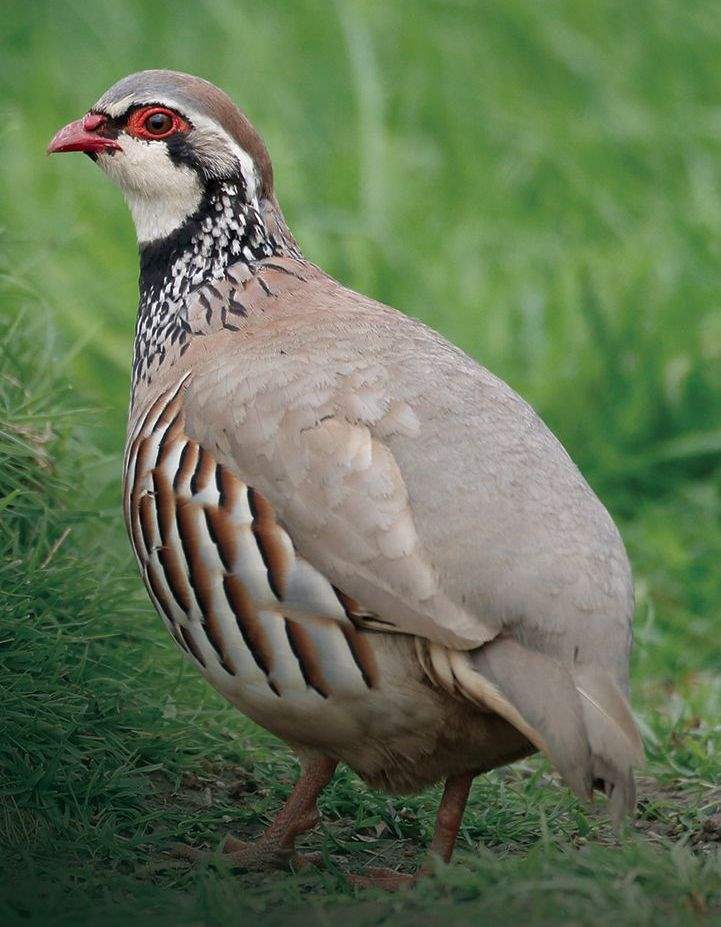Abstract
Demand for farms in the short to medium term is set to continue which in turn will support values
.png)
Demand for farms in the short to medium term is set to continue which in turn will support values
Rural property is a safe and secure investment over the long term returning comparable performance to other assets. Over the past 25 years average annualised total returns were around 12% and this includes a price correction in farmland values during the 1990s.
Recent performance (2013-2017) has been weaker with an annualised total return of 6.3%, but this still represents a healthier return compared with equities and gilts. The improvement in residential markets and a slowing of weaker farmland value growth will lead to a strengthening performance of rural property portfolios in the medium to long term.
.png)
FIGURE 3 | Comparable investment performance
Source: Savills Research, MSCI, FTSE Group
Long term capital appreciation is the prime attraction for holding agricultural land as an investment as income returns are historically relatively modest compared to commercial property. Its performance is relatively recession proof, resulting in a low or negative correlation with other traditional asset classes such as stocks and bonds and therefore it is a valuable asset to hold as part of a diversified investment portfolio.
In the face of Brexit uncertainty and changing agricultural policy, resilience and adaptability are key for the continuing success of rural portfolios. In response to these economic pressures and the need to spread risk, farms and estates have been developing alternative income streams alongside, and complementing, their core business.
This range of income sources is illustrated by the results of Savills 2018 Estate Benchmarking Survey. Although estates are drawing income from a range of assets, agriculture and residential lettings remain the bedrock of rural estates, delivering, on average, 80% of the gross income.
When it comes to alternative income streams and diversification, commercial, leisure and renewable energy make a significant contribution. In addition, land managers have diversified into a range of trading enterprises. Our research shows that almost one-third of farms and estates have holiday accommodation (including caravans, camping and glamping). A similar proportion open their house or garden, a quarter host weddings and receptions, and more than 10% operate a farm shop. Other popular choices include cafes and restaurants, filming and photography, and corporate events.

2 other article(s) in this publication